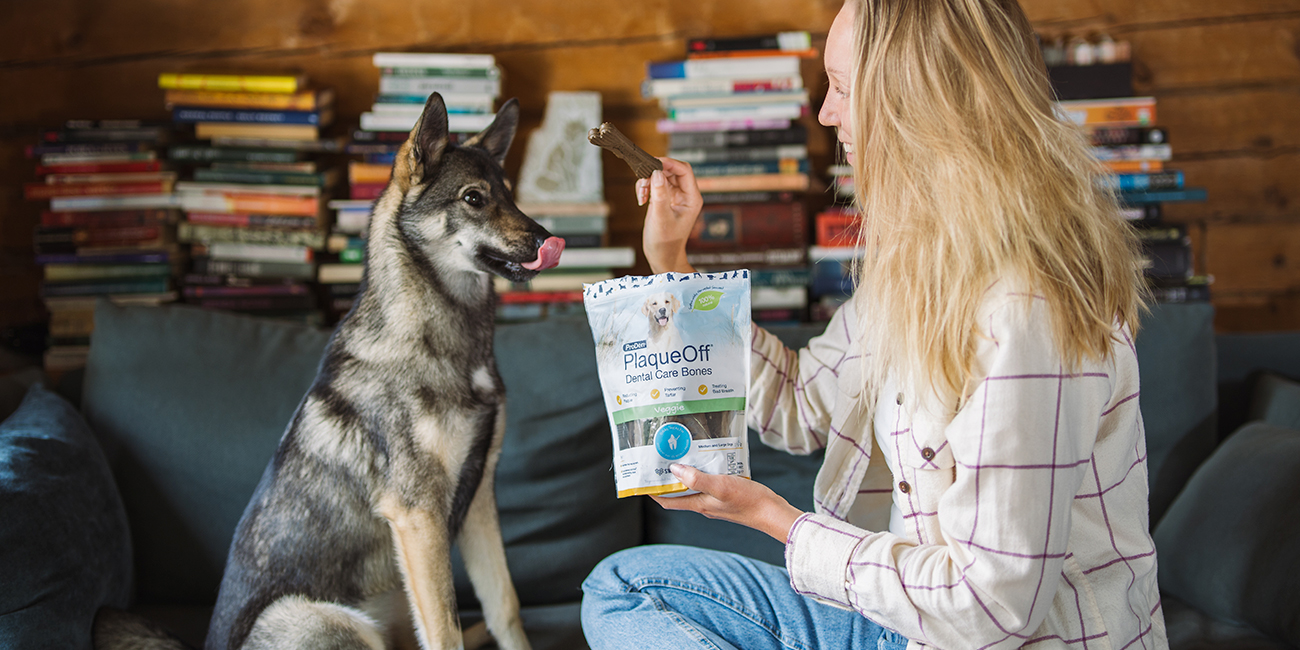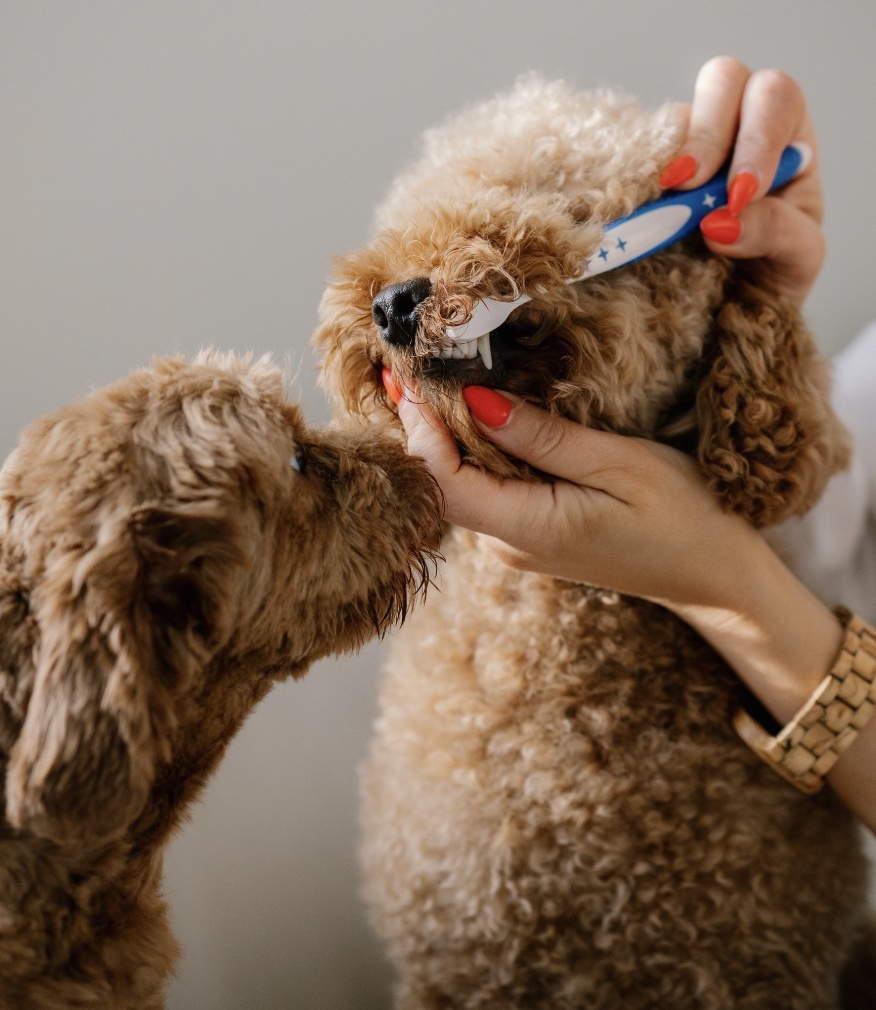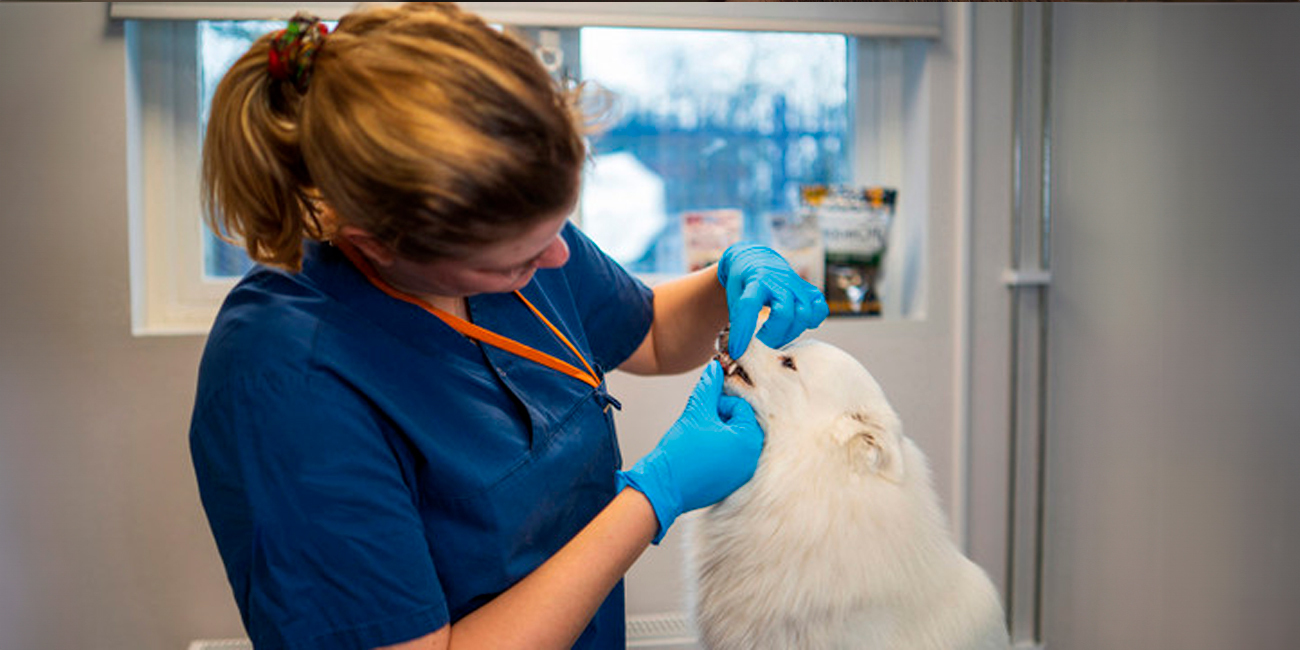Why Oral Care Matters for Pets’ Health
Oral hygiene plays a pivotal role in your pet’s overall health.
Research shows:
• 94% of pet parents see the link between oral and overall health.
• Pets with good oral health live healthier, happier lives—with fewer dental issues and better long-term wellbeing.
But despite this awareness, many pet parents struggle with daily care routines. Brushing can be difficult, especially with pets that resist handling, and early signs of dental disease—like bad breath, red gums, or changes in eating habits—often go unnoticed. Left untreated, oral bacteria can enter the bloodstream and potentially affect the heart, kidneys, and liver.The good news? With the right tools and consistent care, even small daily steps can make a big difference in protecting your dog’s or cat’s smile—and their health.










